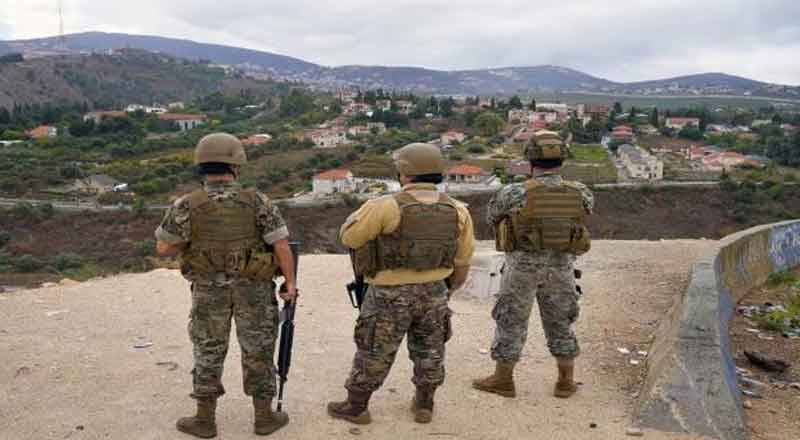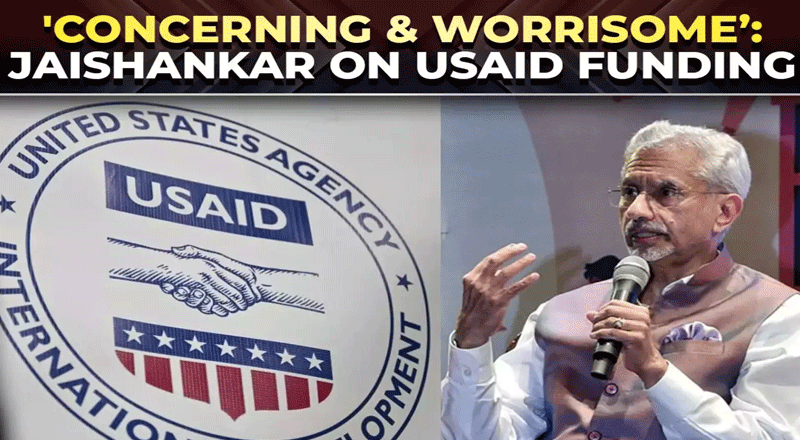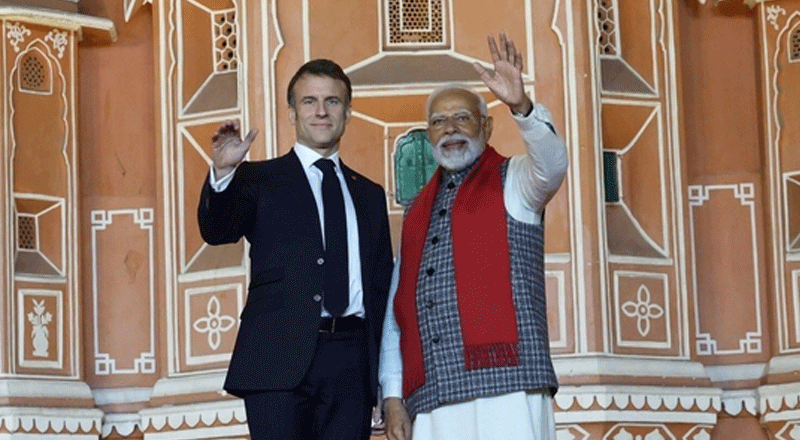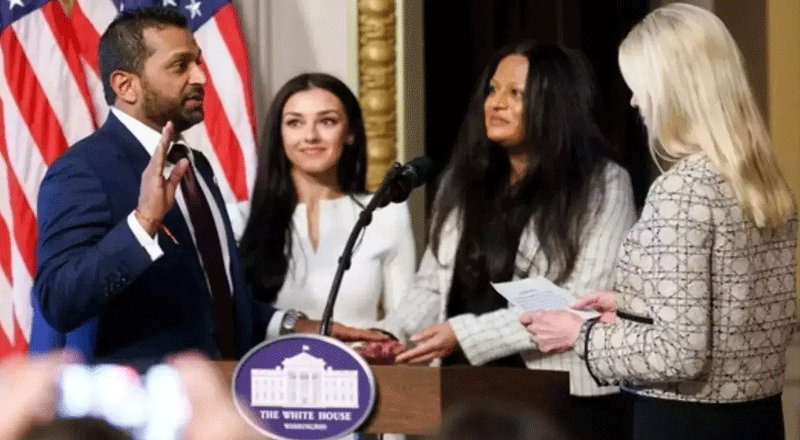- Amid the Israel-Hamas war, tensions are rising at the Lebanon border and India is watching closely.
- At present, 900 Indian troops are stationed at the 110-km-long Blue Line as part of the United Nations Interim Force in Lebanon (UNIFIL) to ensure peace between the countries.
- another 200 Indian soldiers deployed as part of the UN Disengagement Force (UNDOF) at Golan Heights between Israel and Syria.
- India has maintained a firm commitment to UN peacekeeping forces since 1948. In fact, India is the fifth highest among troop-contributing countries
The Israel-Hamas war is being fought miles and miles away. But India is keeping a close watch on the ongoing battle, as fears loom that it will widen into a larger conflict in the West Asia region.
There’s another reason that India is cautious. Indian troops have been deployed to the southern border of Lebanon where tensions have escalated due to firing between Hezbollah and the Israeli army.
But what are Indian troops doing at the Lebanon border? Moreover, why are Israel and Lebanon exchanging fire amid the war?
There are around 900 Indians who have been deployed at the Israel-Lebanon border as part of the UN Interim Force in Lebanon (UNIFIL). There are also another 200 Indian soldiers deployed as part of the UN Disengagement Force (UNDOF) at the Golan Heights between Israel and Syria.
The Indian troops in the UNIFIL are stationed at the 110-km-long Blue Line, which has witnessed fierce confrontations between Israel and Hezbollah forces in the past. In fact, the UN force comprising Indian troops has been dispatched to the region since 1978, making it clear that the ‘interim’ doesn’t mean short-term deployment.
Earlier on Sunday, the UN peacekeeping force reported that a rocket shell had fallen on its site in southern Lebanon, with no casualties reported. Lebanese Prime Minister Najib Mikati made a call to the UNIFIL Commander-in-Chief Gen Aroldo Lazaro, According to a statement issued by Mikati’s office, he stressed “full solidarity with UNIFIL.”
Since Israel took the war to Hamas following the horrific attack on 7 October, the border between Israel and Lebanon has also seen an escalation in violence.
The Gaza Strip-based Palestinian Islamic Jihad terror group claimed responsibility for the armed infiltration on its Telegram channel, saying this was part of the ongoing war between Israel and terror groups in Gaza. The following day (10 October), Hezbollah, who has extended support to Hamas, fired a guided missile at an Israeli military vehicle. Israel retaliated by hitting a Hezbollah observation post.
Heiko Wimmen, an analyst with the International Crisis Group, commenting on the cross-border action was quoted by France24 as saying: “The situation on the border is extremely dangerous.”
The firing has led to about a dozen deaths on the Lebanese side, most of them combatants but also a Reuters journalist and two civilians. Meantime, at least two people have been killed in Israel. Israel’s defence minister Yoav Gallant said that Israel has no interest in waging war on its northern front and that if Hezbollah restrains itself then Israel will keep the situation along the border as it is.
India has maintained a firm commitment to UN peacekeeping forces since 1948. In fact, India is the fifth highest amongst troop-contributing countries. To date, India has contributed more than 2,60,000 Indians to various peacekeeping missions across the world. Even today, 5,800 Indian peacekeepers serve in conflict-ridden areas in Africa and Asia.
India’s contribution to the UN peacekeeping forces began with its participation in the UN operation in the 1950s, where India’s mediatory role in resolving the stalemate over prisoners of war in Korea led to the signing of the armistice that ended the Korean War. In 2022, the UN peacekeeping forces saw a total death toll of 4,207, with India seeing the highest number of fatalities. The UN reported that in 2022 India had suffered 175 fatalities), followed by Pakistan (166) and Bangladesh (160). In January, India deployed a platoon of Women Peacekeepers in Sudan’s Abyei region as part of the Indian Battalion in the United Nations Interim Security Force (UNISFA).
With inputs from agencies





